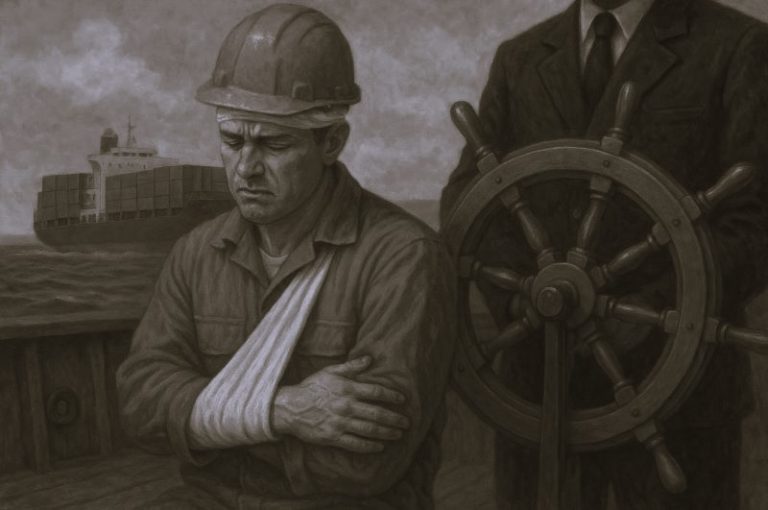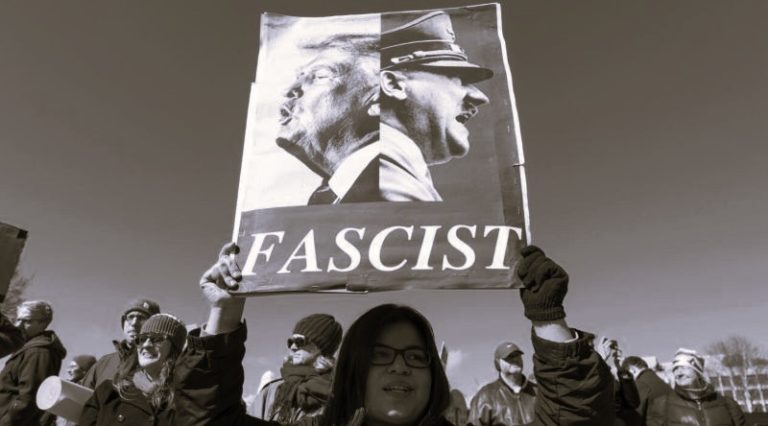

By Dr. David Mislin
Assistant Professor, Intellectual Heritage Program
Temple University
The Decline of Protestant Influence
The late 19th century was a bad time for American Protestants. Agnosticism and atheism became popular, especially among younger intellectuals. Rising numbers of non-Protestant immigrants brought greater religious diversity.
These changes caused Protestants to lose the privileges they had enjoyed in public life, such as their control over many of the nation’s academic institutions. In one notable example, the school board in Cincinnati, Ohio, prohibited Bible reading in public schools. Catholics had objected that schools used a Protestant translation of scripture and officials agreed.
The evangelical Protestant amendment
Fearing similar cases, devout Protestants turned to the federal government. They supported an amendment first proposed during the Civil War that would have placed the language of evangelical Protestantism in the Constitution.
The amendment sought to include references to God and Jesus in the Constitution. It also declared the Bible “the supreme rule for the conduct of nations.” This final point was at odds with Catholic teaching. It made clear that the amendment was intended to placate only Protestants.
Supporters of the amendment had friends in high places. William Strong, a justice on the Supreme Court, led a group advocating its passage.
Much like Jeff Sessions, Strong urged protection for Christianity in the public sphere. The future of the religion was at stake. The justice warned that the Constitution must be made “explicitly Christian.” Otherwise, Christianity – specifically evangelical Protestantism – would be “obliterated” from the nation.
But other Protestants disagreed.
The Religious Critic

Among them was Washington Gladden. He was a minister who had grown up in a very devout family. Though he would become a leading religious liberal, Gladden was well within the mainstream of American Protestantism at the height of debates about the constitutional amendment.
In the 1870s, Gladden had great influence as religious editor of the New York Independent, one of the most read U.S. periodicals of the day. The paper had strong religious credentials. It proclaimed that in all its coverage it was “bound to the evangelical faith by the firm belief of its editors.”
The Case Against Religious Amendment
That belief, however, did not include endorsing government support of Protestantism. In his editorials, Gladden railed against the proposed amendment. The state was “not called to the inculcation or confirmation of religious truth,” he wrote.
Gladden invoked religious liberty – the same rhetoric President Trump and members of his administration have used to reassure modern evangelicals – to demand no special protection be made. Citizens should expect “equal footing for their faith, no matter what it may be,” rather than particular privilege.
Most boldly, Gladden argued that a religion that needed protection from government was a religion that had no reason to exist. He wrote on his editorial page,
“If our Christianity is of such a flimsy texture that nothing but a constitutional amendment will save it, the sooner it is obliterated the better for the land.”
Simply put, he insisted, religious people had to make their own case for their values. If they could not, they certainly did not deserve greater support. This was a controversial argument in what was largely a Protestant country, but other Protestants amplified it. Other Christian leaders came to see support for the amendment as a sign of weak faith.
Originally published by The Conversation, 08.30.2018, under the terms of a Creative Commons Attribution/No derivatives license.







